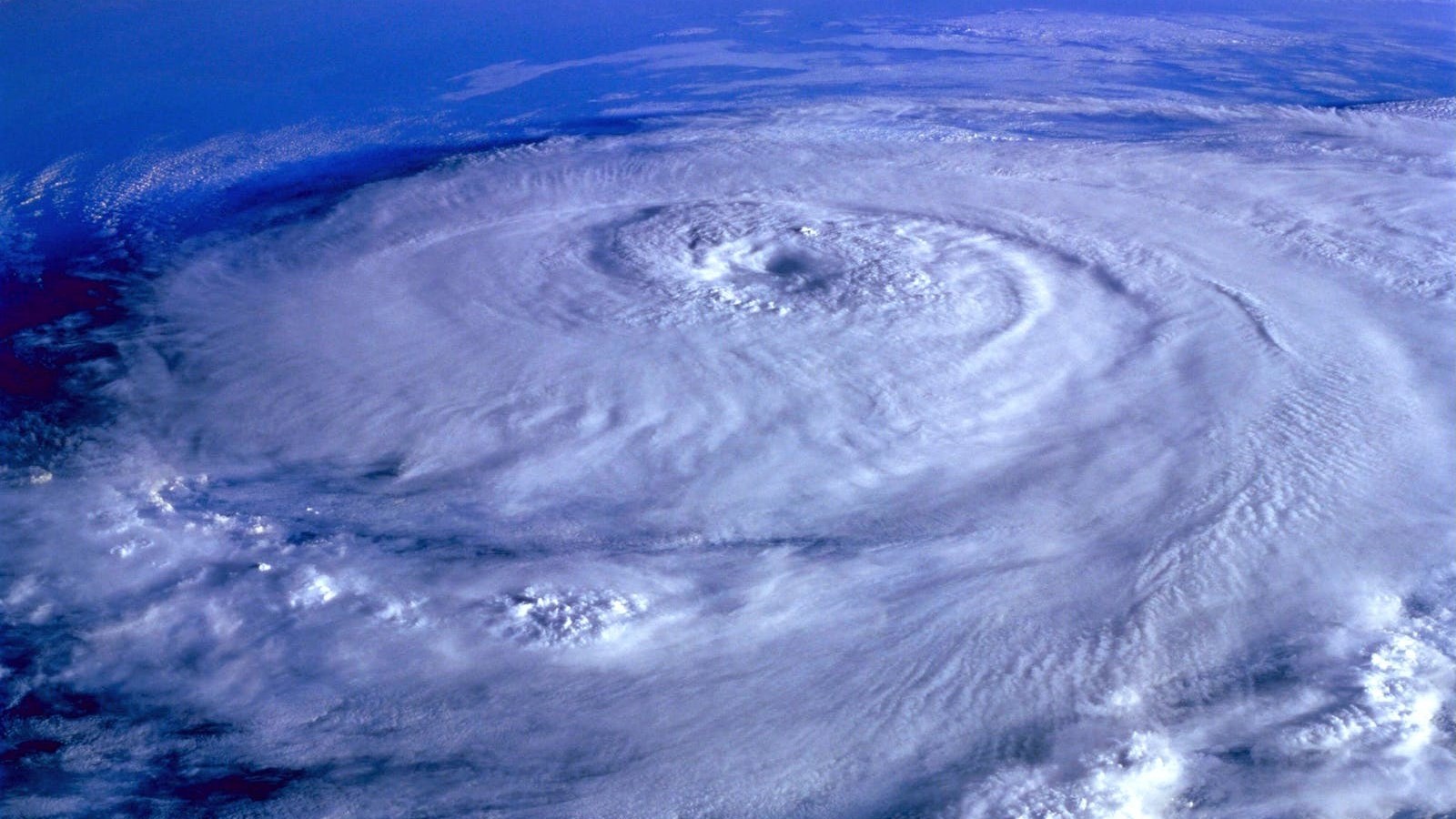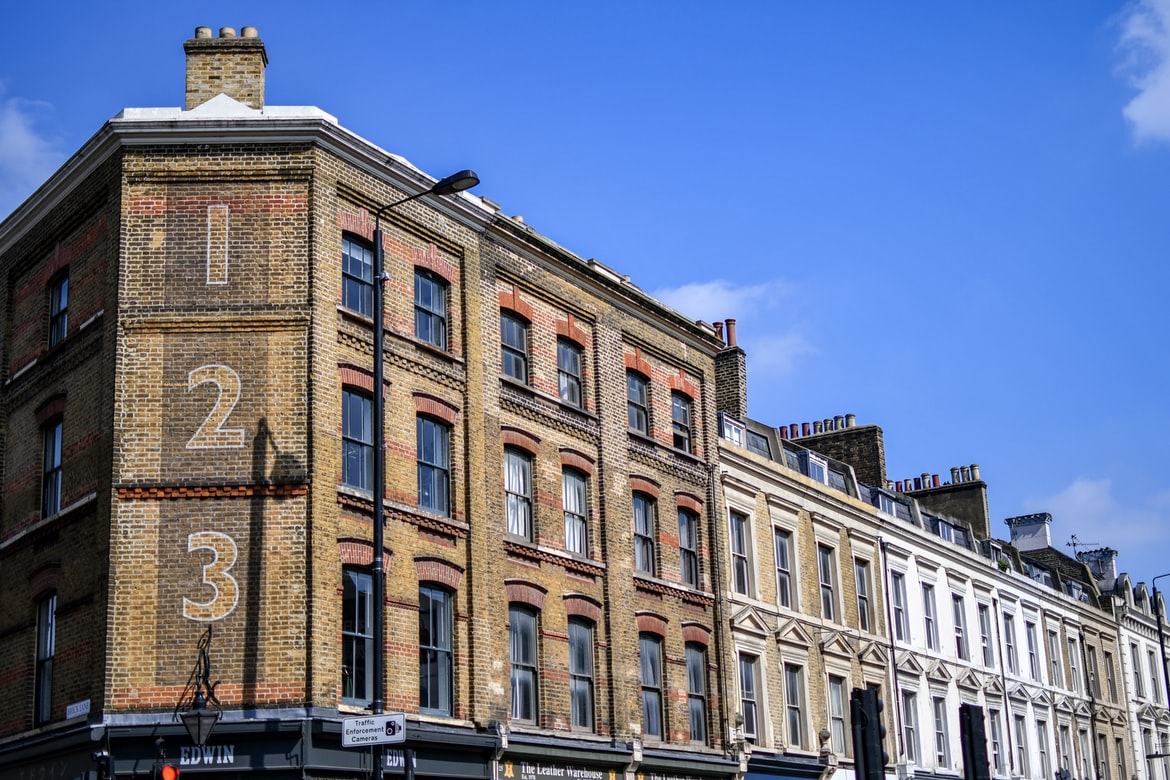
Buying in natural disaster areas with eyes wide open
___
Published Date 5/31/2024
Sometimes it’s hard to believe that places as beautiful as Florida or as stately as North Carolina hold the potential for disaster. But at the start of hurricane season in the Southeast, this year’s storm forecast looks to be one of the worst on record.
Realtor.com’s June Gerstein cites the National Oceanic and Atmospheric Administration 2024 hurricane season report — released last week – that warns that the Atlantic Ocean is currently at temperatures that are typically not seen until August. As a result, it anticipates that this could lead to between 17 and 25 total named storms with winds of 39 mph or higher. It predicts that four to seven of those will be Category 3, 4, or 5 major hurricanes with winds of more than 111 mph.
The news has set off its own flurry of concern, with media outlets such as the Miami Herald fretting over how this forecast is the one of the worst ever issued. So why would anyone dare to live in a hurricane-prone area at all?
“For many homebuyers, climate concerns loom like a dark cloud as they navigate where they want to live,” says Gerstein, citing a 2024 Realtor survey that says 70% of homeowners and sellers consider the potential impact of natural disasters and climate events while they’re purchasing a home. “Just under half even said they let climate events determine where they would move.”
And they would have good reason to be concerned. In 2024, approximately 18.1% of homes in the country face potential damage from wind events like hurricanes and tornadoes, with cities like Miami and Kay West facing a 16% chance of getting hit every year. This is followed by Cape Hatteras, NC (15%), Tampa, and New Orleans (both 11%). Even though Florida holds three of the top five spots at risk of hurricanes, it still continues to be one of the most popular places to move, however. Just last year, Florida boasted four of the five fastest-growing cities in the U.S.
Lifestyle and natural beauty. That’s what draws them, according to Realtor economist Jiayi Xu. “In addition, Florida has a diverse economy that offers numerous job opportunities, a draw to many. Furthermore, Florida is one of the few states with no state income tax, which can be a significant financial advantage for residents. Additionally, property values in Florida tend to appreciate consistently over time, making buying property here a potentially good investment.” Plus, not all of Florida is at risk. It varies by area.
“Choosing a property in regions less prone to severe hurricanes can mitigate risk,” points out Xu. “Realtor.com provides property-specific environmental risk scores, which include hurricanes and floods. Prospective homeowners can leverage these scores to gauge climate-related risks across various locales, aiding them in pinpointing ‘safer’ areas prior to finalizing their choice.”
Gerstein reports that between 1851 and 2022, 120 hurricanes hit Florida. Northeast Florida had the least number of incidences, with only 28 hurricanes, compared with 48 in Southeast Florida, 51 in Northwest Florida, and 66 in Southeast Florida. So some agents recommend moving to Central Florida or the northeastern part of the state if hurricanes are a concern — cities like Orlando, Leesburg, Kissimmee, and Lake City, considered “safer.”
“The only really safe area is one in which they don’t have those kinds of storms—which would be more toward the Western region of the country or the desert communities, of course,” says FL-based agent Cara Ameer. “Going inland is certainly a bit better. But even those areas can be low-lying and prone to flooding, so that’s not always a guarantee.” Ameer says she knows of people who’ve lived inland and experienced more damage in certain storms than others. And Orlando has encountered its fair share of damage as storms often crisscross the state, she adds.
Lenders as well as insurers can be cautious. “I was in the middle of a few transactions during two major hurricanes whereby the buyers were buying homes and their lenders wanted an inspection to verify there was no damage to the home that could materially affect their ability to get a loan,” Ameer recalls. “We sent back the home inspector in those cases to evaluate the properties and look for any signs of damage, wind-driven rain, roof damage, leaks.”
Wherever you’re home shopping, understanding the environmental risks you’ll encounter can help you make smart decisions about where to buy. Check out those “risk scores” and maps to illustrate a home’s risk exposure to floods, extreme heat, hurricanes, and wildfires. See if the property is in a flood zone, and if so, is it in a zone requiring flood insurance, gauges the proximity to any kind of water besides just the ocean—lakes, streams, rivers, canals, manmade ponds—as these can all overflow, could potentially impact the property where it is located, Ameer explains. “You also want to see if the property sits on or near a marsh or any kind of tidal waterways.”
“Ask the sellers of any homes you are considering if they had any prior issues with flooding or water intrusion, and get details on what caused that,” Ameer continues. “You also want to check the insurance history on the home and see if there had been any prior claims filed due to water damage or storms. If you are buying in an area that has experienced tropical storms and hurricanes before, you should talk to the neighbors in the community where you want to buy to see what their experience was like going through the storm.”
Stormproofing? No small issue. “Ask if the properties you are considering have any hurricane shutters as well as any particular stormproofing,” says Ameer. “Also examine the proximity to trees to the property as these can become uprooted or wind can cause damage to them.” But if you can’t resist moving to a hurricane-prone area, Flynn also recommends investing in an independent generator.
Realtor, TBWS
All information furnished has been forwarded to you and is provided by thetbwsgroup only for informational purposes. Forecasting shall be considered as events which may be expected but not guaranteed. Neither the forwarding party and/or company nor thetbwsgroup assume any responsibility to any person who relies on information or forecasting contained in this report and disclaims all liability in respect to decisions or actions, or lack thereof based on any or all of the contents of this report.


Millenium Home Mortgage
Manager
NMLS: 51519
Millenium Home Mortgage LLC
1719 Route 10 East, Suite 206, Parsippany NJ
Company NMLS: 51519
Office: 973-402-9112
Email: connie@mhmlender.com

Millenium Home Mortgage
___
Manager
NMLS: 51519
Last articles
___

The reported US trade deficit for September was higher than expected
11/5/2024
The September Goods and Services Trade Balance was $-84.4B versus estimates of.... view more

Housing Market Shift: Listings Soar to Pre-Pandemic Levels
11/4/2024
Even if home prices have not fallen, it might be good to know that you’ve got mo... view more

Markets prepare for an extremely volatile week
11/4/2024
A nice improvement this morning, the 10 year note began down 11 bps from Friday,... view more

Doctor's kitchen warning soaks up controversy
11/1/2024
A medical professional's viral warning about a common kitchen item has sparked h... view more

Kitchen remodels: What your money really buys
10/29/2024
Want to renovate your kitchen? Be prepared for some eye-popping numbers. Accordi... view more

Consumer Confidence reports an unexpected boost
10/29/2024
The Conference Board's October Consumer Confidence report shocked to the upside,... view more

Someone’s here: Homeowners who live with poltergeists
10/28/2024
When northern California homeowner...... view more

Expect high volatility this week with both inflation and labor data
10/28/2024
In global news, Israel made its move on Iran this weekend attacking military ins... view more

Kissing your mortgage goodbye: The truth about early payoff
10/25/2024
Did you know that in Scotland, a house with a red door signifies the owner has p... view more

The fall of the grand foyer: Why 2-story entries are no longer the ticket
10/22/2024
If you’re looking for a home with a voluminous grand foyer as you enter, your ch... view more
Load more
 Millenium Home Mortgage LLC
Millenium Home Mortgage LLC




































